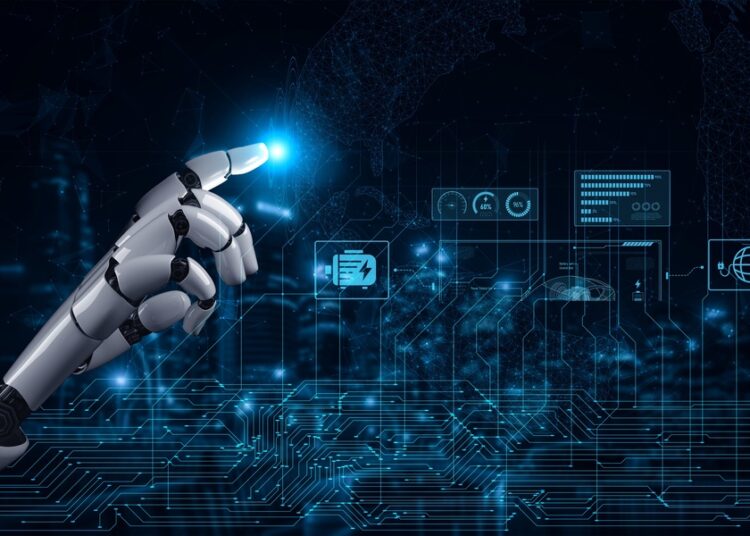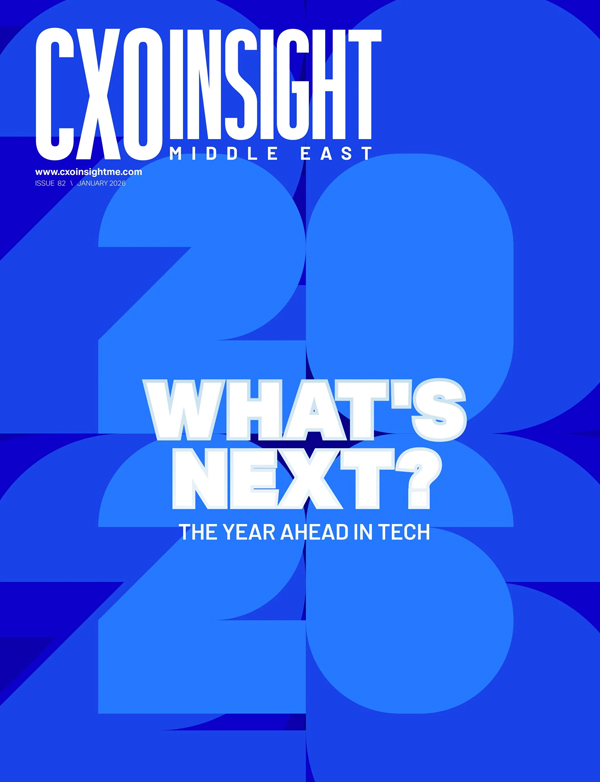Cities have emerged as a vital battleground for sustainable development, a concept that has gained prominence in the last decade to address the interrelated challenges of environmental, social, and economic well-being for both present and future generations.
Despite occupying only a tiny fraction of the world’s land area, cities consume most of the world’s energy and emit more than half of global greenhouse gases. At the same time, they generate the bulk of the global economic output, creating opportunities and challenges for their inhabitants and the planet.
Throughout history, people have migrated to cities for security, prosperity, and social interaction. This trend has led to a rapid increase in the number of cities and their size. Mega-cities, with housing populations exceeding ten million, are expected to quadruple by 2030, accommodating five times the population of 1990 levels. These mega-cities face immense challenges, such as congestion, pollution, and vulnerability to natural disasters and climate change.
ME&CA governments have committed to reducing overall emissions, with some aiming for net-zero emissions by 2050.. Net-zero emissions mean that any greenhouse gas emissions are balanced by removing an equivalent amount from the atmosphere, either through natural or artificial means. Achieving net zero emissions is essential to limit global temperature rise to 1.5°C above pre-industrial levels, as the Intergovernmental Panel on Climate Change (IPCC) recommends.
To achieve such ambitious targets and mitigate urban emissions, technology plays a crucial role in enhancing energy efficiency, promoting onsite energy generation, and facilitating comprehensive management at the campus level. Technology can help reduce the energy demand of buildings, transport, and industries and increase the share of renewable energy sources such as solar, wind, and biomass. Sensors can also help monitor and manage the energy consumption and production of different devices, applications, and services on campus, optimizing the energy balance and reducing the carbon footprint.
Campus as the building block of a sustainable city
The importance of campuses lies in viewing them as manageable chunks of a city. A campus can be defined as a group of buildings or facilities that come under a single management, such as education, research, business, or entertainment. By addressing campuses as building blocks, we can support cities in transitioning to a sustainable future. Often developed or redeveloped in phases, cities can benefit from localized action and participation when policies and practices are implemented at the campus level.
For example, a university campus can implement measures such as installing solar panels, retrofitting buildings, promoting sustainable transport, and engaging students and staff in sustainability initiatives. These measures can reduce the campus’s energy consumption and emissions and improve the campus’s attractiveness, competitiveness, and social responsibility. Coordinated efforts at the city level can accelerate transformative plans, starting with ambitious targets like achieving net zero energy, setting every campus, and consequently, every city on a path towards carbon neutrality.
To implement such a transformation, a comprehensive net zero framework is crucial. This strategy advocates for a large-scale transition to renewable energy sources and optimizing energy demand from ICT operations. The framework should have three main components: onsite clean energy generation, energy-efficient ICT solutions and a holistic energy management system. Providing granular visibility of both energy consumption and carbon impact, measured using the Network Carbon Intenisty Energy (NCIe), is what Huawei names as Carbon Conscious ICT.
With ample exposed spaces, campuses should leverage available real estate for onsite clean energy generation, reducing reliance on grid electricity and lowering carbon emissions. Onsite clean energy generation can include solar photovoltaic (PV) panels on rooftops and carparks, building integrated PV (BIPV) on building facades, wind turbines, geothermal heat pumps, and biogas plants. Real-time monitoring and management systems ensure optimal performance and efficiency of onsite generation.
From carbon footprint to carbon handprint
A carbon footprint is the amount of greenhouse gas emissions a product or service causes throughout its life cycle, from production to disposal. In contrast, a carbon handprint defines the amount of emissions a product or service can help avoid or reduce in other products or services by offering more efficient or sustainable alternatives.
ICT can create a large carbon handprint by providing solutions to lower the energy demand and emissions of other sectors, such as transport, buildings, industry, and agriculture. According to figures from the Global e-Sustainability Initiative (GeSI), the carbon handprint of ICT could be ten times (10x) that of its footprint by 2030, meaning that ICT can enable more emission reductions than it causes. Therefore, there are immense opportunities to leverage technology to avoid a carbon footprint, known as a carbon handprint.
Further, a campus should implement a holistic management system to coordinate the energy supply and demand of various ICT devices, applications, and services. This can help optimize a campus’s energy utilization and allocation and improve the service experience. A holistic management system integrates different data sources, such as energy consumption, generation, storage, and grid status, and uses advanced algorithms to analyze and optimize the campus’s energy performance. For example, a unified platform that can monitor and control the energy consumption and carbon emissions of a campus’s ICT infrastructure, such as data centers, networks, and cloud services, can provide a comprehensive view of the campus’s energy performance. Furthermore, using a platform that can provide intelligent analysis and optimization suggestions based on big data and artificial intelligence can enable a campus to achieve energy savings and carbon reduction.
In response to the growing imperative for sustainable city development, Huawei has taken a bold step forward by creating the Net Zero Campus, a groundbreaking initiative that aligns with global efforts to address climate change and reduce carbon emissions. The Net Zero Campus differs from other solutions by offering a holistic and integrated approach that covers all aspects of energy consumption and production on campus and leveraging the latest technologies and innovations to achieve the highest level of efficiency and sustainability. Established as a model for urban sustainability, the Net Zero Campus is poised to revolutionize how cities approach energy consumption and environmental impact.










Discussion about this post